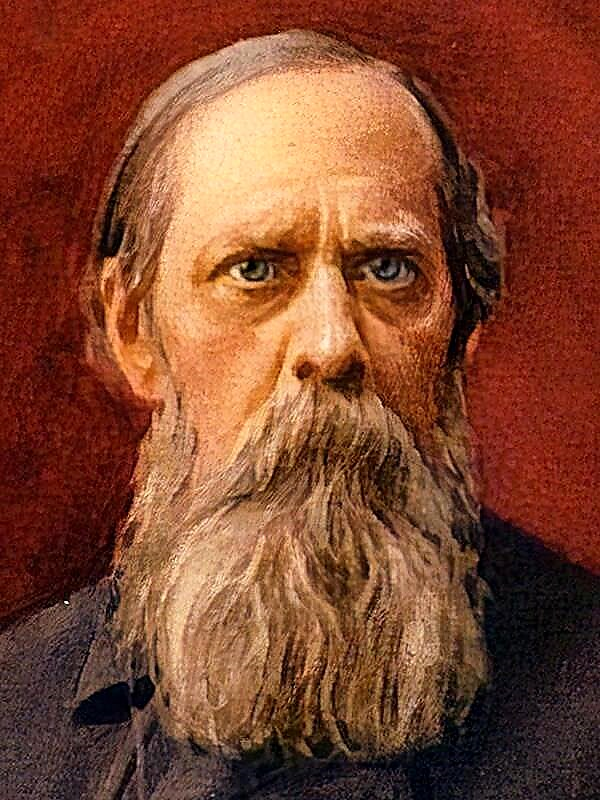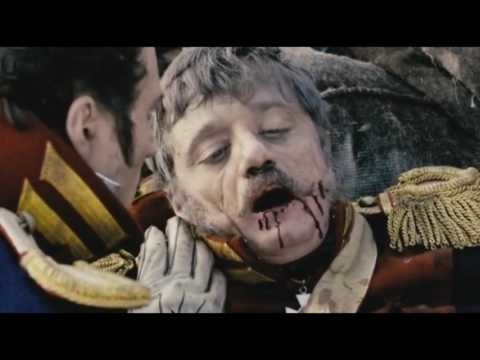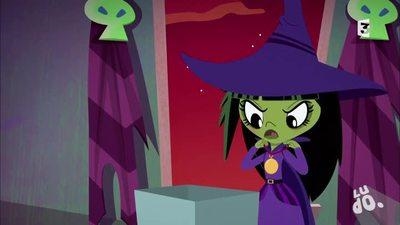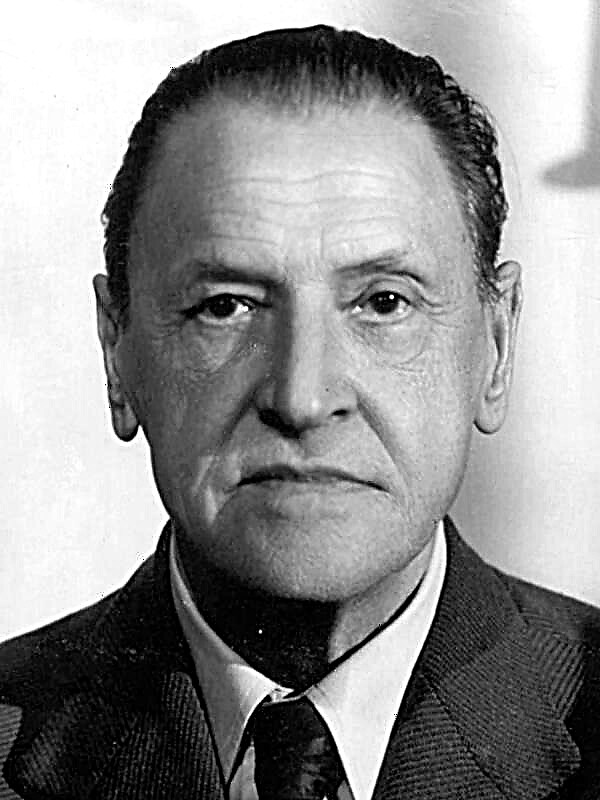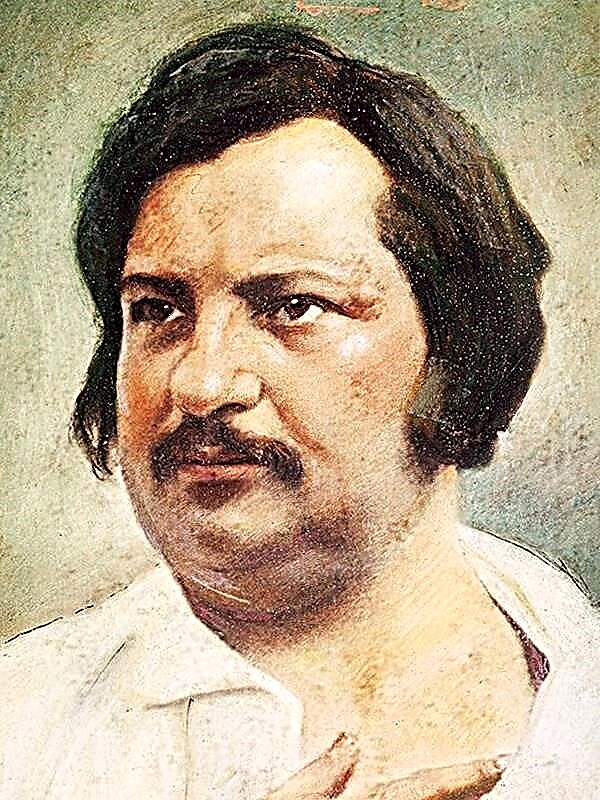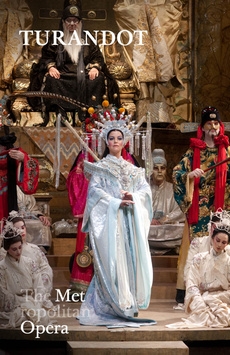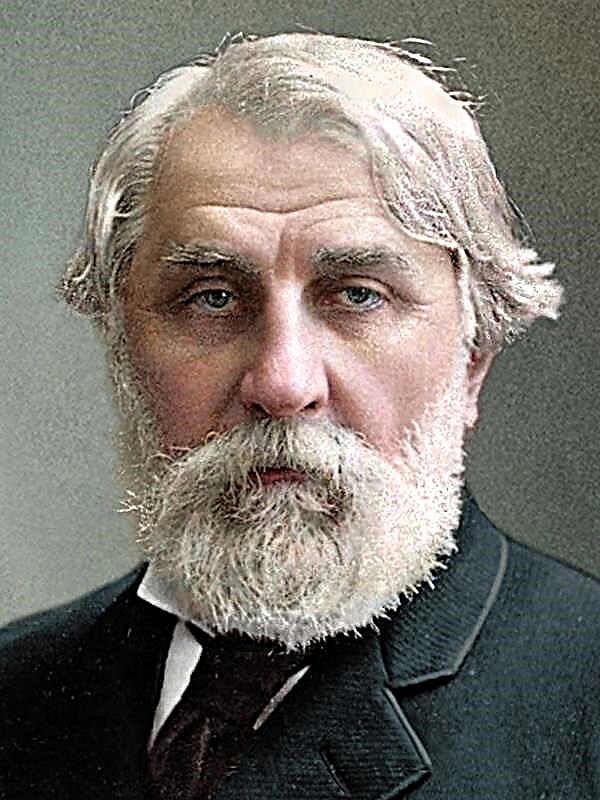In accordance with the original plan of the author, who wanted to create a modern “Divine Comedy,” the composition of the play, which uses the materials of the Frankfurt trial of Nazi criminals in 1963–1965, repeats the structure of the first and second parts of the Dante epic: in each “song” - three episodes, and all of them - thirty-three, like Dante's. Eighteen defendants in the play represent genuine persons who appeared before the court in 1963 and appear under their real names, and nine nameless witnesses (two of them are on the side of the camp administration and the rest are former prisoners) summarize the experiences and experiences of hundreds of people.
The first witness, who served as the head of the station, to which trains arrived with people, claims that he knew nothing about the mass extermination of people and did not think about what fate awaits the prisoners doomed to slave labor, bringing huge profits to the branches of Krupp, Siemens and AND. G. Farben. " The second witness, who was responsible for the departure of the trains, said that he did not know who was being transported in the cars, since he was strictly forbidden to look into them. The third witness, a former prisoner, talks about how they were unloaded from cars, built by beating with sticks, 5 people in a row, separating men from women with children, and doctors - Frank, Schatz, Lucas and Kapezius, now sitting in the dock , together with other officers determined which of the new arrivals is able-bodied. Patients and the elderly were sent to the "gas". The percentage of able-bodied people was usually a third of the echelon. The defendants claim that they tried to refuse to participate in breeding, but the higher authorities explained to them that "the camp is the same front and all evasion of service will be punished as desertion." The eighth witness claims that between April 1942 and December 1943, 132 million marks were seized from prisoners. These values were transferred to the Reichsbank and the Imperial Ministry of Industry.
Witnesses from former prisoners talk about the conditions in which they lived: in barracks designed for five hundred people, often doubled; there were six people on each plank bed, and everyone had to turn on the other side at once, but there was one blanket; rarely drowned in barracks; each prisoner was given one bowl: for washing, eating and as a night dish; the daily diet contained no more than 1300 calories, while during hard work a person needs at least 4800 calories. As a result, people were so weakened that they went dumb and did not even remember their last name. Only one could survive who could immediately get a job in some kind of intra-camp position: a specialist or an auxiliary working team.
A witness, a former prisoner who worked in the political department of the camp under the supervision of Boger, talks about the brutal tortures and killings that were committed before her eyes. She made lists of the dead and knew that out of every hundred newly arrived prisoners, no more than forty remained alive a week later. Boger, sitting in the dock, denies having used torture during interrogations, but when he is convicted of lies, he refers to the order and the impossibility of otherwise obtaining recognition from criminals and enemies of the state. The defendant is convinced that corporal punishment should be introduced now to prevent coarsening of morals, as well as for the education of minors.
The former prisoner, who spent several months in the tenth block, where medical experiments were conducted, talks about how young girls were irradiated with an x-ray machine, after which the sex glands were removed and the subjects died. In addition, experiments on artificial insemination were carried out: in the seventh month of pregnancy, women had an abortion, and the child, if he remained alive, was killed and opened.
Former prisoners tell the court about the defendant Stark. In those years, Unterscharführer Stark was twenty years old and he was preparing for the exams for the matriculation certificate. Witnesses show that Stark took part in mass shootings and killed women and children with his own hands. However, the defender draws the court’s attention to Stark’s young age, to his high spiritual demands (he led discussions with the prisoners about Goethe’s humanism), and also to the fact that after the war, in normal conditions, Stark studied agriculture, was a referent of economic advice and Until his arrest, he taught at an agricultural school. The defendant Stark explains to the court that from early childhood he was accustomed to believe in the infallibility of the law and act according to the order: "We were taught to think, others did it for us."
The shooting witness, a former medical student who worked in a team that cleaned up corpses, tells how thousands of people met their deaths in the courtyard of the eleventh block, near the “black wall”. At mass executions, the camp commandant, his adjutant, and the head of the political department with employees were usually present. All defendants deny their participation in executions.
One of the witnesses accuses medical assistant Claire of killing prisoners by injecting phenol into the heart. The defendant at first denies that he personally killed people, but under the pressure of evidence he admits everything. It turns out that about thirty thousand people became victims of phenol injections. One of the defendants, a former camp doctor, confesses to the court that he used human meat for his research, as security soldiers ate beef and horse meat, which was supplied for bacteriological experiments.
The witness, who was a doctor from prisoners and worked in the sonderkommand that served the crematorium, tells the court how the hydrocyanic acid gas, Cyclone-B gas, was used to massacre the prisoners. Eight hundred and sixty prisoners worked in the Sonderkommand, under the command of Dr. Mengele, who were destroyed and recruited after a certain time. The new arrivals, selected for destruction, were taken to the locker room, which housed about two thousand people, explaining to them that they were waiting for a bathhouse and disinfection. Then they were driven into an adjoining room, which was not even disguised as a shower, and from above, gas was thrown into special openings in the ceiling, which in a bound state had the appearance of a granular mass. The gas quickly evaporated, and after five minutes everyone was dying of suffocation. Then the ventilation was turned on, gas was pumped out of the room, the corpses were dragged to the freight elevators and lifted up to the stoves. The witness claims that more than three million people were killed in the camp and each of the six thousand employees of the camp administration was aware of the mass destruction of people.
Defendant Mulka, an adjutant to the camp commandant, tells the court that only at the end of his service in the camp did he learn about the destruction actions. On behalf of all the defendants, he declares: they were convinced that all this was being done to achieve “some kind of secret military goal,” and only obeyed orders. Turning to the court, he says that during the war they performed their duty, despite the fact that they had a hard time and were close to despair. And now, when the German nation “has again taken a leading position with its labor”, it makes more sense to do “other things, rather than reproaches, which it’s time to forget for a long time”.

